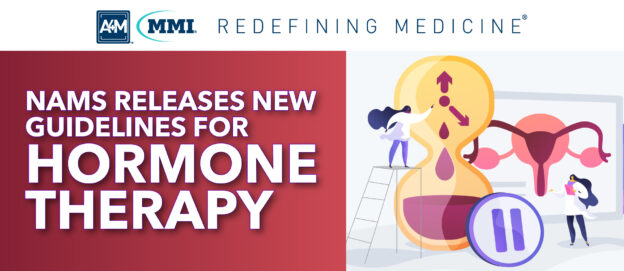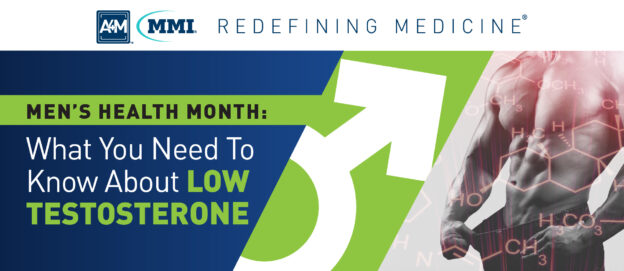While menopause is predominately considered to impact the reproductive system with hormonal fluctuations causing hot flashes, night sweats, and other undesirable symptoms, it is a whole-body transition that involves many different systems. As a result, many women may not be aware that their symptoms are tied to endocrine imbalances, leaving them overlooked and untreated.
“This link of the so-called sex hormones to all body systems is what is behind the surprising menopause symptoms in organs and structures that are not recognized as being highly regulated by the ovarian hormones,” A4M faculty member Felice Gersh, MD, told Well+Good in a recent interview.
A frequent and popular A4M speaker, Dr. Gersh is a board-certified OB/GYN, founder of the Integrative Medical Group of Irvine, and the author of Menopause: 50 Things You Need to Know. During her interview with Well+Good contributor Isadora Baum, Dr. Gersh outlined five surprising symptoms of menopause that are not commonly associated with the condition yet are essential to recognize and take into clinical consideration.



